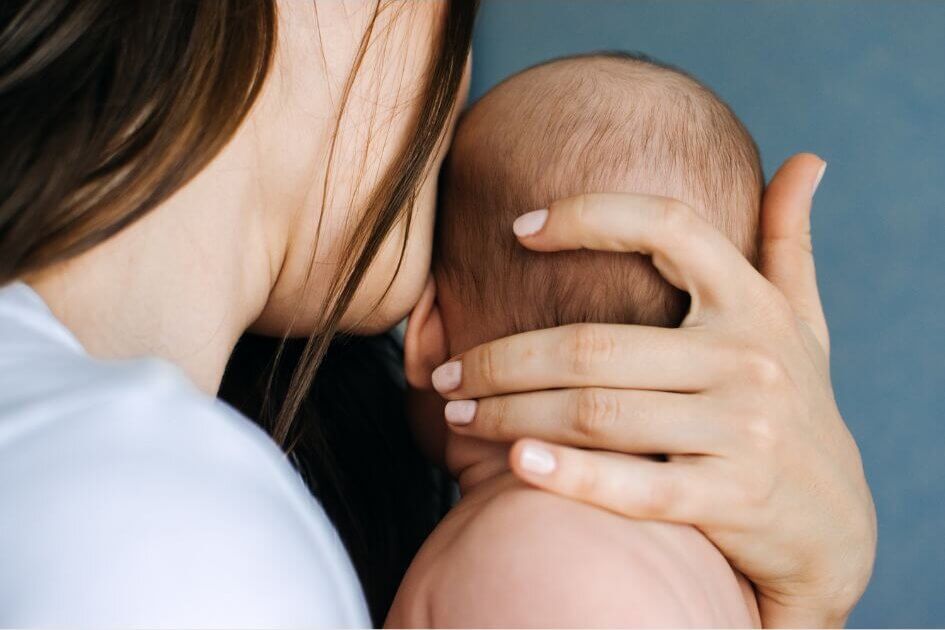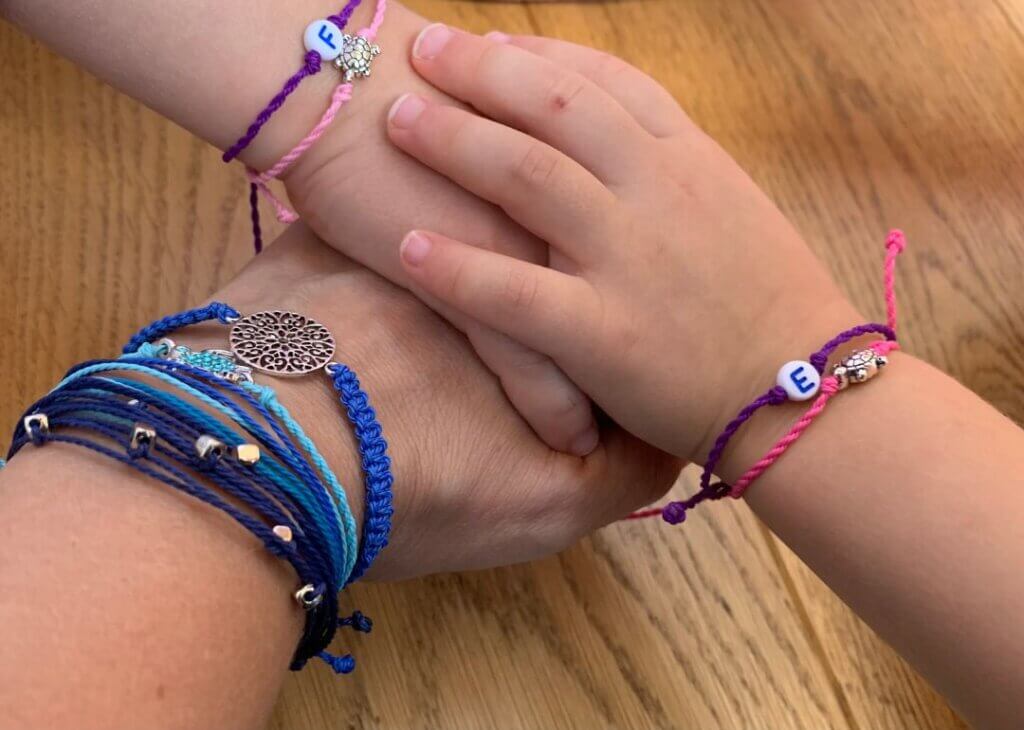Have you ever felt like you’re constantly torn between being the mother you want to be and the woman you used to be?
This month on My Guest Insights, I’m honoured to welcome Belinda Jane Batt MSc, coach, researcher and published author of Challenge Your Guilt: How to Flourish in Motherhood, Work and Life. Belinda is on a mission to help mothers let go of guilt, reconnect with themselves, and start thriving.
From the myths of the ‘perfect mum’ to the silent shame so many of us carry, we’re diving into what maternal guilt really is, why it shows up, and how we can begin to challenge it. Because motherhood shouldn’t come with a side of self-blame. And flourishing isn’t just a dream; it’s something we all deserve.
What is motherhood guilt, and why does it matter?
Let’s start with the basics. What exactly is motherhood guilt, and how is it different from just feeling bad or uncertain as a parent? And what role does society play in shaping those feelings?
Motherhood guilt is the nagging, heavy, often unspoken sense that we’re never doing enough or that we’re doing it all wrong. It’s different from general parental worry or the occasional pang of regret. It’s deeper and more enduring. It’s that creeping voice that questions whether we’re a “good enough” mum, that whispers “you’ve failed” when we do something as ordinary as leave our child in nursery to go to work or feed them fish fingers for dinner two nights in a row.
What makes motherhood guilt so pervasive and so important to understand is that it doesn’t come from nowhere. It is shaped, encouraged, and sustained by the society in which we live.
In my book, I describe modern mothers as being in the “eye of the guilt storm.” Never before have so many women been both mothers and in paid employment, yet the systems around us haven’t evolved to meet this change. Societal expectations remain steeped in outdated ideals: that a good mother should be ever-present, self-sacrificing and serene. She should also contribute financially, stay physically healthy, emotionally regulated and remain professionally competent, all while managing the household.
It’s no wonder we’re struggling.
Motherhood guilt matters because it saps our energy, undermines our confidence, and keeps us from flourishing. It becomes a lens through which we view our every decision. And because it’s often internalised, many of us don’t even realise how much it’s shaping the way we show up in our lives.
When we start to recognise that much of this guilt is conditioned, not chosen, we can begin the vital work of challenging it. That’s where our healing and flourishing begin.
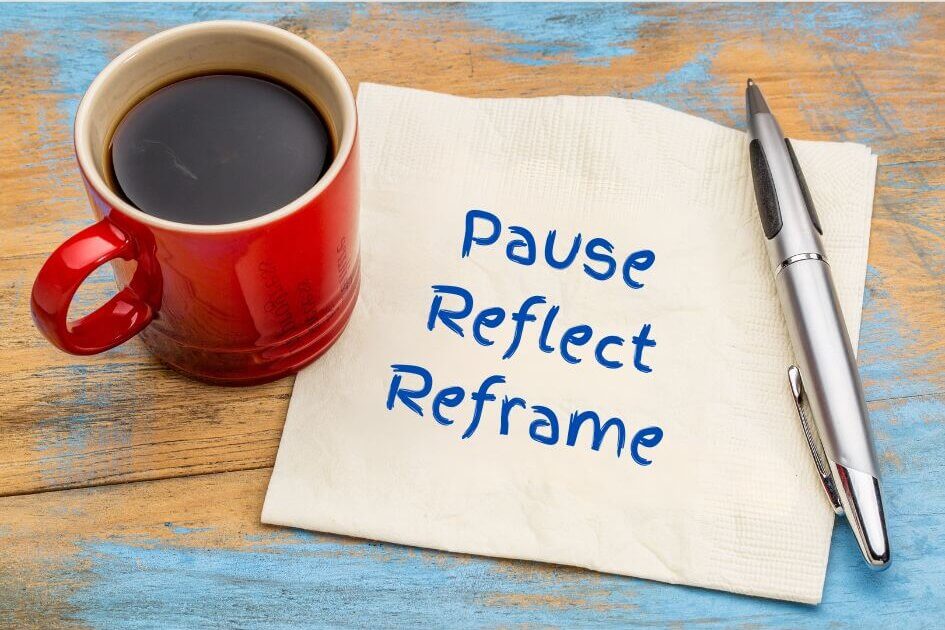
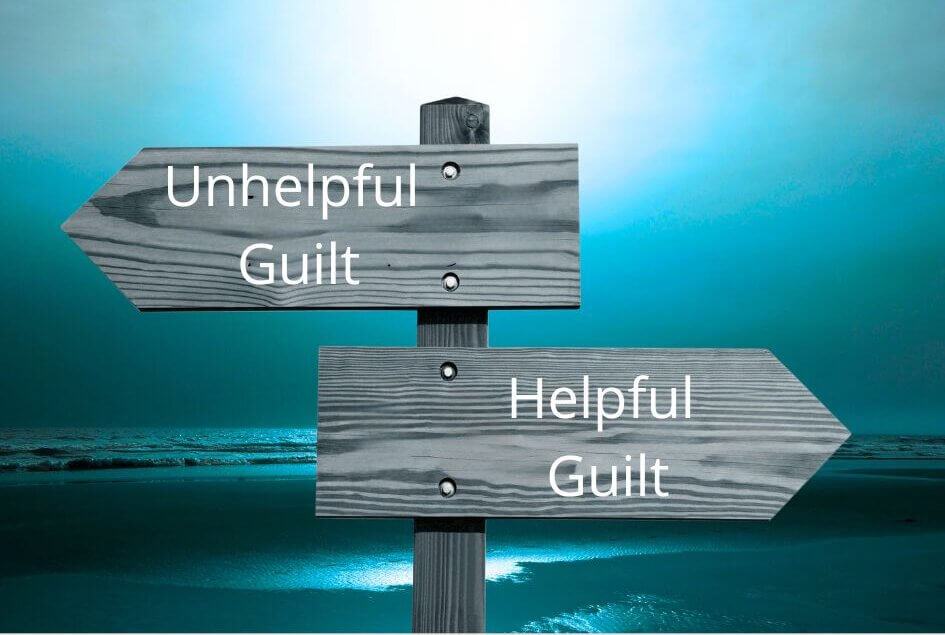
What are the effects of motherhood guilt in everyday life?
We hear so much about mum guilt, but what impact does it have on our wellbeing, our identity and the way we parent day to day?
In my coaching work and research for Challenge Your Guilt, I’ve seen how profoundly guilt affects mothers. What’s most painful is that we rarely talk about it – not honestly, and not in depth. So many women assume it’s just them. But it isn’t.
Guilt shows up in the decisions we make or don’t make. I’ve seen mothers sacrifice their careers, health, friendships and joy because they’re consumed by guilt over leaving their child with a caregiver, saying no to an extracurricular activity, or needing time for themselves.
On a day-to-day level, guilt can lead to a relentless sense of inadequacy. We often feel pulled in two directions – work and home, self and family – and believe we’re failing at both. That belief chips away our confidence and our identity. Many mothers I work with tell me they no longer recognise themselves. They feel like shadows of the vibrant, purposeful women they once were.
Guilt also affects how we parent. When we operate from guilt, we’re often reactive instead of intentional. We may overcompensate, give in when boundaries are needed, or withdraw emotionally because we feel unworthy or depleted. Our nervous systems are on high alert, constantly trying to meet impossible standards while ignoring our own needs.
The long-term cost of this is burnout, resentment and disconnection from our children, our partners, and, perhaps most painfully, from ourselves.
That’s why this work matters. Challenging guilt isn’t about being perfect. It’s about reclaiming our wholeness and learning to lead ourselves with compassion so we can lead our families with love, not shame.
What can we do to move past guilt?
In your book Challenge Your Guilt, you offer a range of practical tools to help mothers work through guilt and start flourishing. Could you give us a glimpse into some of those strategies? Perhaps share a few first steps mothers can take to begin releasing the weight of guilt.
- Awareness: The first and most powerful step is awareness. You can’t challenge guilt if you don’t recognise where it’s coming from. I often encourage mothers to pause and ask: Whose voice is this guilt in? Is it mine, or is it society’s?
In the book, I differentiate between helpful guilt and unhelpful guilt. Helpful guilt aligns with our values – such as feeling a nudge when we’ve snapped at our child and want to make amends. It prompts reflection and growth. Unhelpful guilt, on the other hand, stems from external expectations and pressures. The “perfect mother” myth, Instagram comparison, or culturally ingrained beliefs about what a “good mum” should do. That guilt? It needs to be challenged, not reacted to.
- Core Values: I also invite mothers to identify their core values because guilt often arises when there’s a gap between what matters most and how we’re living day-to-day. Once we’re clear on our values, we can begin to make decisions with greater confidence and less second-guessing.
- Reframing: Another important tool is reframing. When guilt shows up, try writing it down, then reframe the belief with self-compassion. For example:
Guilty thought: “I’m a bad mum for putting my child in childcare.”
Reframe: “My child is learning to socialise, and I’m earning money to support our family. That’s love in action.”
- Connection: Finally, we need connection. Guilt thrives in isolation, but it weakens when shared with others. Whether it’s talking to a coach, a trusted friend, or reading stories from other mothers, naming guilt out loud helps release its power. You are not the only one feeling this way, and you don’t have to carry it alone.
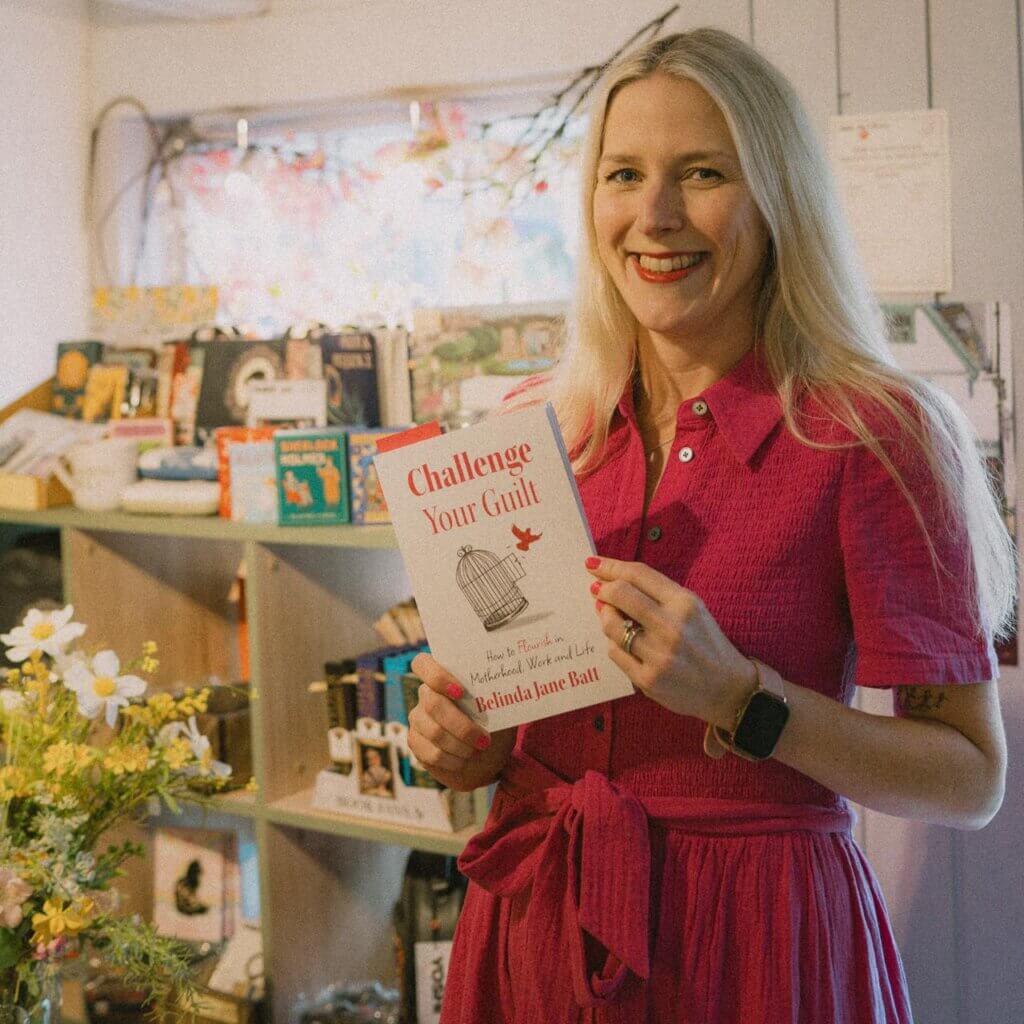
And what about you, Belinda? Do you have a favourite strategy or go-to practice you turn to when guilt shows up in your own life? What helps you reconnect with yourself and stay grounded?
Oh, I feel guilt all the time! One of the stories I share in the book is about the end of my breastfeeding journey with my son. It was advised by a (male) paediatrician that I introduce formula at night to help with his sleep. I did, and it worked. But within weeks, my milk supply dwindled, and breastfeeding ended before I was ready. I found myself on the floor of our flat, sobbing, absolutely floored by guilt. I felt like I had failed my baby, even though I had been following medical advice. That moment stayed with me for years.
Now, when guilt shows up, I come back to a simple practice: pause, reflect, reframe.
- I ask: Is this helpful guilt, or is it a conditioned response?
- What would I say to a friend in this situation?
That self-compassionate lens is powerful. Another practice I come back to is connecting with nature. It grounds me. A walk by the river near my home in beautiful Devon helps me breathe more deeply and reconnect with myself.
I also write down three things I’m grateful for in a journal at the end of each day. It’s filled with small moments like my daughter saying I’m her best friend or my son giving me an unprompted cuddle. When guilt creeps in, I read it, and it helps me remember I’m doing okay.
What’s on the horizon?
From your perspective, what’s ahead in how we understand and talk about motherhood guilt? Are we moving in the right direction, and what still needs to change?
I believe we’re reaching a tipping point. More and more mothers are waking up to the fact that the guilt they’re feeling is not a personal flaw; it’s systemic. It’s cultural. And it’s time we stopped accepting it as the norm.
I’m heartened by the conversations I see happening in workplaces, on WhatsApp groups, in podcasts, and on panels. People are discussing the invisible load, the mental toll of modern parenting, and the outdated structures that aren’t serving families. And we’re starting to see the ripple effects – calls for better parental leave for women and men, flexible working arrangements, accessible childcare, and more inclusive definitions of what motherhood entails.
However, there is still work to be done. We need to go beyond Instagram quotes and hashtags and begin addressing the structures that perpetuate guilt, from healthcare to education to workplace policies. We also need to ensure that fathers are part of this conversation so caregiving isn’t framed as something mothers must do alone.
Ultimately, my hope is that we create a culture where mothers feel empowered, not shamed. Where flourishing is the goal, not martyrdom. And where guilt isn’t the default emotion of motherhood but the exception.
We deserve nothing less.
Closing note:
Belinda’s work feels especially relevant in today’s world. Many women are balancing careers, raising children, managing homes, and trying to meet expectations that often feel impossible. Somewhere along the way, we’ve taken on so many roles that it can be hard to know where one ends and the other begins. And when things feel too much, guilt has a way of creeping in.
But as Belinda reminds us, we don’t have to carry it all or carry it alone. There are kinder ways to navigate this journey. Challenge Your Guilt: How to Flourish in Motherhood, Work and Life offers just that. If you’d like to explore the tools, strategies and reflections she shares, the book is now available for sale. It’s a liberating read for any mother ready to let go of guilt and reconnect with herself.
For a more personal perspective, read my own story: The Many Faces of Motherhood Guilt.
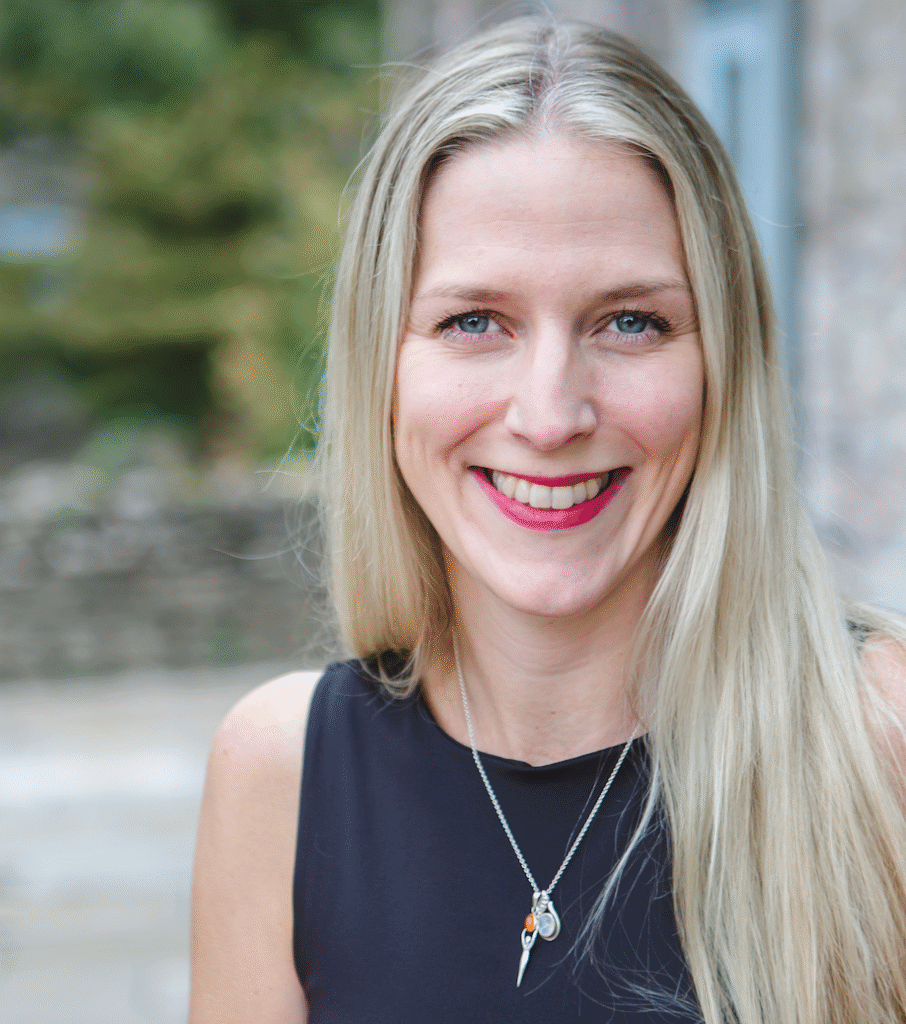
About the Author: Belinda Jane Batt MSc
Belinda is the founder of The Flourishing Mother, an EMCC accredited coach, and the author of the newly published book Challenge Your Guilt: How to Flourish in Motherhood, Work and Life. With an MSc in Applied Positive Psychology and Coaching Psychology, Belinda combines evidence-based strategies with deep compassion to support mothers in every stage of life. She is also a certified practitioner in Motherhood Studies. Through her coaching, training and now her debut book, Belinda is helping women move beyond guilt and towards a more balanced, flourishing life, both at home and at work. Visit The Flourishing Mother to find out more.
This blog provides general information and discussions about health, wellness, career, and parenthood. The information shared is for informational purposes only and is not intended to replace professional advice of any kind, including medical, health, career, financial, or legal advice. Always seek the guidance of a qualified professional regarding any questions or concerns you may have.
We only promote products, services, and resources that we genuinely believe are beneficial. However, we encourage you to research products independently and consult a qualified professional if necessary.
Some of the links on this blog are affiliate links, meaning we may earn a commission if you make a purchase through them at no extra cost to you. This helps support our work and allows us to continue sharing valuable content.
For the full website disclaimer, please visit the Terms and Conditions page.
For the full affiliate disclosure, please visit the Affiliate Disclosure page.

